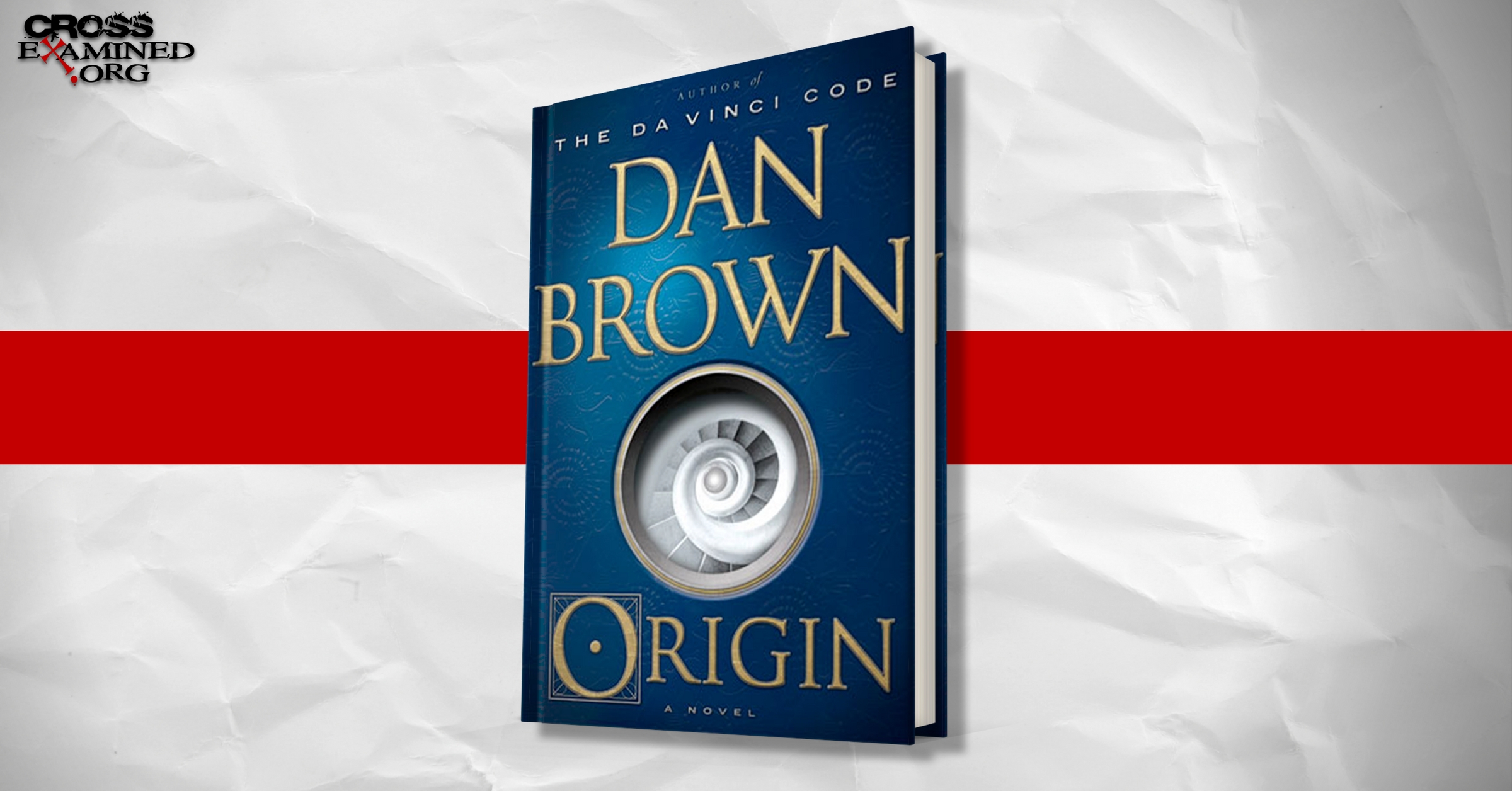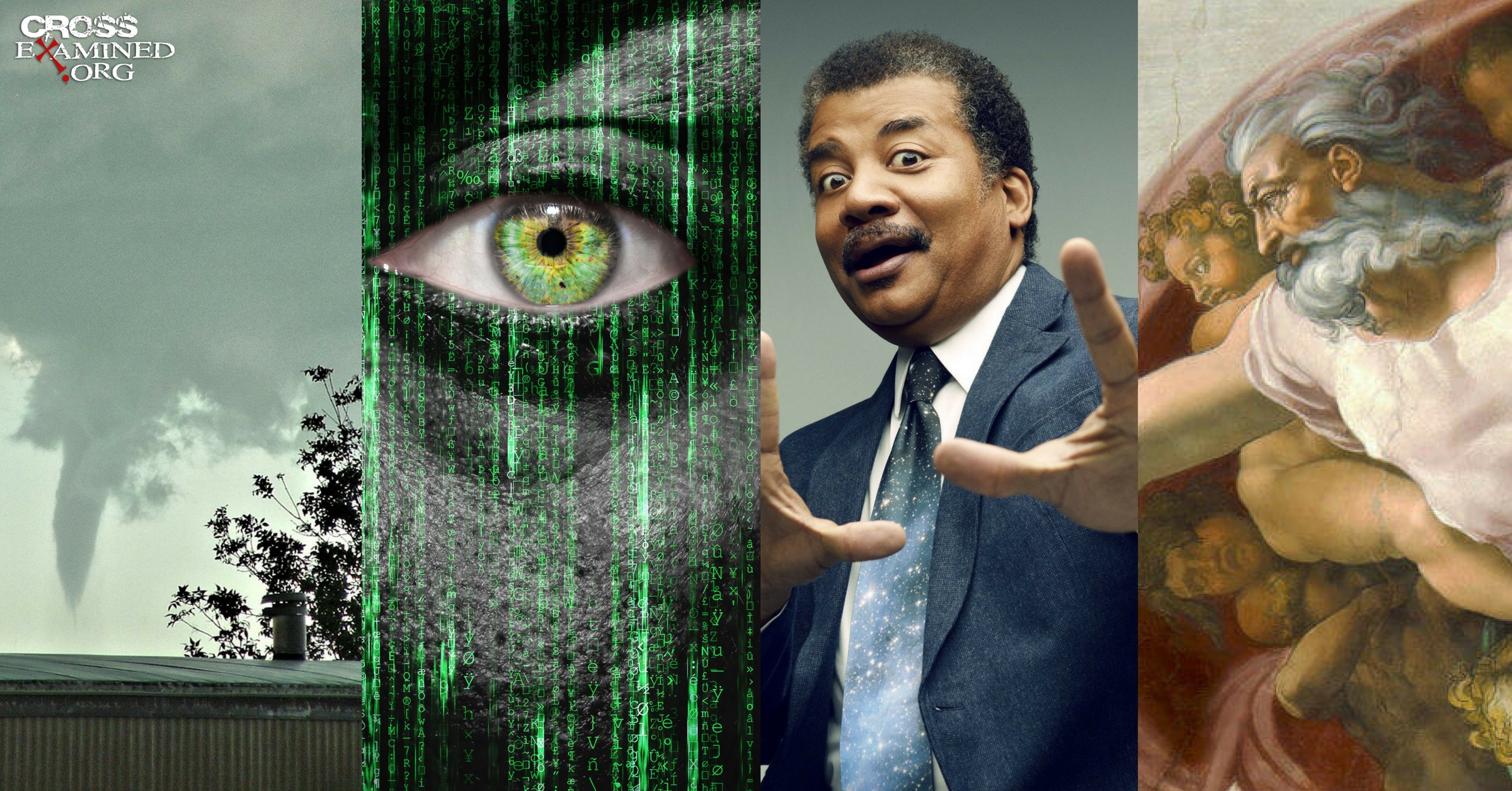By Luke Nix
The Ultimate Game of Chess
As a Christian, I come across many challenges to my worldview. Some challenges come from those in other worldviews; others come from other Christians. One of the most common challenges from outside is to God’s existence. One argument observes all the evil and suffering in the world and asks how a good God could allow it. Many Christians also struggle with this very issue. They know that God exists, but they see suffering in their own lives and wonder why God is allowing so much. Because of this, some question whether God is even there, or if they’re not willing to go that far if God is even good. This was articulated to me very clearly not too long ago: “The story of Job is just a chess game between God and Satan, and my life is no different.”
Dealing with Suffering
Before I get deep into how Christianity deals with suffering and evil in the world, I want to make one thing clear. Every worldview MUST deal with the existence of what we call “evil” or “suffering”. We cannot escape its existence simply by dismissing the existence of God; neither can we ignore the fact that suffering does exist. All worldviews are faced with this challenge and must offer a coherent explanation. I believe that it is only in the Christian worldview (properly understood) that suffering and evil makes sense.
Our Purpose And The Purpose of Suffering
If Christianity is true, God has created each individual with many purposes. One of those purposes is to become more like Christ. By this, we mean that we are to exhibit the fruits of the Spirit as listed in Galatians 5:22-23 (love, joy, peace, forbearance, kindness, goodness, faithfulness, gentleness and self-control). The more our hearts and lives reflect these, the more we will be like God. The more we are like God, the more personal and intimate we will be able to be with Him when we live with Him eternally (heaven).
If the man was already like all this, there would be no need for him to experience life. Yet we are not. Most people will recognize that going through tough times makes them stronger- they come out with more wisdom, patience or love. Many times we can be “on top of the world” and something will happen that forces us into a position of humility. Depending on the person, this is likely to be seen (down the road) as a positive experience that has increased their character. As parents, we guide our kids. Sometimes that guidance requires punishment, which can cause suffering. Kids also hurt themselves by doing certain things that we tell them not to. We tend not to see the consequences as “wrong” or “evil” because they are teaching the child something important about reality (such as gravity or blunt solid objects). We allow them to hurt themselves and even inflict a certain level of suffering on them to grow their understanding of the physical world and increase their character.
God is no different. Like a parent, He is more concerned with our character than our comfort. Our kids’ being mean and hateful to another child for their own gain does little to prepare them for adulthood. Likewise, our comfort here is not going to make us more like God. Our comfort here is not going to do anything good for us in eternity.
The challenge of evil and suffering from a non-believer tends to hold only if there is an inconsistency between a good God and evil. For the believer, the challenge tends to come from a personal experience that is incredibly painful. If a believer is going to spend eternity with God, it would be best for that person to become more like that God. Since man is not like God, it is good that God forms him to be that way. Since suffering is a way for God to develop a person’s character, then suffering is good. There is no incompatibility between a good God and suffering. It also follows that the suffering will develop the character to be more intimate with God in eternity.
What About Other People?
Now, I have been challenged on this response by both Christian and non-Christian. The challenge asks why other people must suffer in order for my character to be made more like God. The simple answer is that God is making them more like Him also. Their character is being molded at the same time that yours is. If God were to only develop the character of a single person per event, there would be MUCH more evil and suffering than there presently is. Imagine how many people are affected by a single sickness or loss of a job. God is not inefficient in His development of the character of people. The fact that a single event causes so many to suffer is evidence that God is minimizing the number of these events. If only one person suffered as the result of a particular event, many more of those events would have to occur to achieve the same amount of character development. God maximizes the impact of a single event so that more do not need to occur.
God’s History
I want to point out a few stories in scripture that show that God does not prevent suffering for His people. This is to show that what I have presented here is completely compatible with the Christian God. I also want to point out the attitude of those affected. This is to show those, who are going through suffering, the attitude that God’s people should have during the suffering.
The first example I wish to give is that of the three Hebrew children who refused to bow before the king’s statue. The king threatened to throw them into a furnace where they would be burned alive. Their attitude is recorded in Daniel 3:17-18 “If the God we serve exists, then He can rescue us from the furnace of blazing fire, and He can rescue us from the power of you, the king. But even if He does not rescue us, we want you as king to know that we will not serve your gods or worship the gold statue you set up.” Those familiar with the story know that the three were delivered. The attitude that they had was that they knew God had the power to deliver them and even prevent the suffering in the first place. They made clear that just because they knew that God could do not mean that He necessarily would– they were satisfied with whatever was God’s will when they obeyed Him.
For the second example, I want to look at the story specifically brought up at the beginning of this post- Job. We learn that Job lost all his family (save his wife), wealth, health, and his livelihood. His attitude is recorded in Job 1:21b “The Lord gave and the Lord has taken away. May the name of the Lord be praised”. After going through the profound discussions recorded in the book of Job, God restored him. We see countless testimonies of those who have found solace in suffering by reading Job’s story. God had a purpose for the suffering that Job went through. If the story of Job represents just a “game” and a nefarious and evil one, at that, then this evil game has had some pretty good consequences. If we are to acknowledge that God is in control and knows what He is doing (which is what Christianity affirms about God), then there was nothing evil about what happened to Job- God knew the good that would result. The preservation of Job’s story allows you to experience God’s comfort, but you have to willing to accept, as Job did, that the Lord has an ultimate plan for your suffering.
The final example I want to present is Jesus Christ Himself. Right before He was arrested to face trial and execution He prayed “Father, everything is possible for you. Please take this cup of suffering away from Me. Yet, I want your will, not mine.” (Mark 14:35) We all know that the “cup of suffering” was not taken away. Jesus was tried and crucified. His attitude was that even in the face of torture and death that the Father’s will be done. The greatest of all good was accomplished by this evil and suffering. The fact that I can even write this post to you explaining why God allows us to suffer is because of the fact that He did not withhold suffering from Jesus Christ. The suffering and death that Jesus experienced was the penalty that had to be paid so that we could even have the option to spend eternity with Him. Thus becoming more like Christ becomes important, and suffering has an ultimate purpose.
In all these examples, we see that God does not have a history of withholding suffering. He brought them through it. We also see people who knew for certain who their God is and what He is capable of. They knew that He had a purpose that goes far beyond their suffering at the time. They were willing to suffer for that purpose. Jesus was even willing to suffer for all humanity to have the option to live eternally in God’s presence and experience Him on a personal level.
Conclusion
To the atheist, I would be more likely to question God’s goodness if suffering did NOT exist in my life. I would also think that God’s use of suffering was gratuitous if fewer people were affected by the events in life. The fact that suffering does exist is powerful evidence that God exists, and the fact that a single event can have such a reach is evidence that this God is being quite care-full of how much is allowed. That care is further evidence of his love for us and desires to have a personal relationship with us. We just have to be willing to understand that the purpose of suffering is not evil, but good. When we realize this, we can understand the love behind the sacrifice that Jesus Christ made. I ask that you think carefully about this and consider dedicating your life to Jesus Christ and becoming more like Him.
To the Christian who is in much pain right now, there is much suffering that happens in all our lives. It is inevitable. I experience it; you experience it. Sometimes we will experience pain from the same event. How we deal with it depends on what we see as our purpose in life. If you believe that Christianity is true, you can take comfort in knowing that the suffering you are experiencing is to make you more patient, more humble, more loving, and much more. When these attributes characterize your heart, you will be able to experience God’s presence like never before, and you will be setting up to experience Him so much more deeply in eternity. God never desired for us to go through this life alone. That is why the Church exists. Many fellow Christians have gone through or are going through the same pain that you are. I ask that you seek these people out. Allow them to minister to you and let God comfort you through them. As Paul stated to the Romans (8:18) “I consider that the present suffering is not worth comparing to the glory that will be revealed in us”. The suffering is worth it. You just need to be willing to accept that God’s will in your experience is to make you and others around you more like Him.
Original Blog Source: http://bit.ly/2hrwlzd










